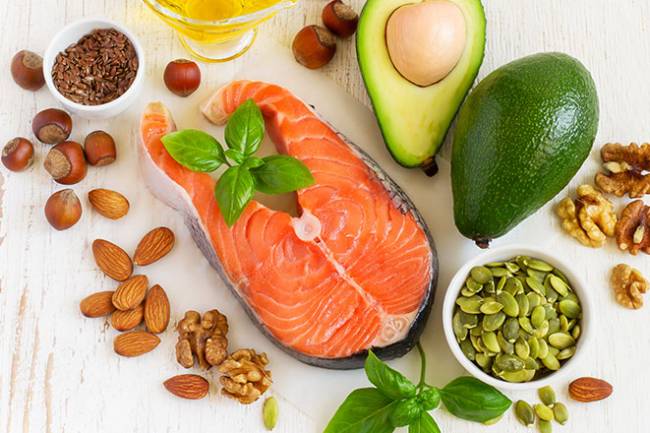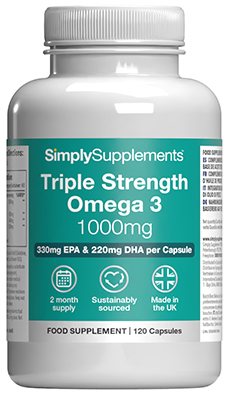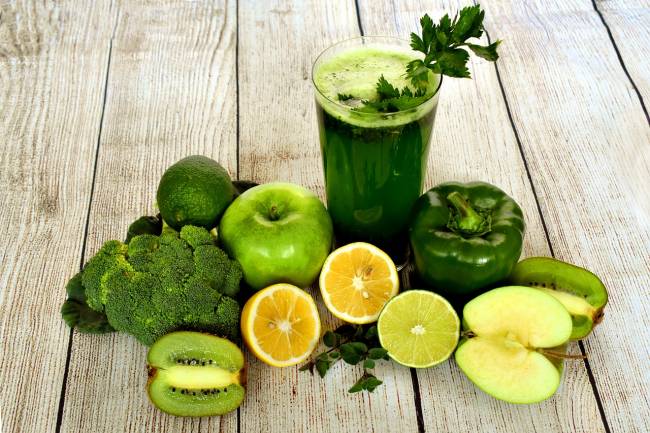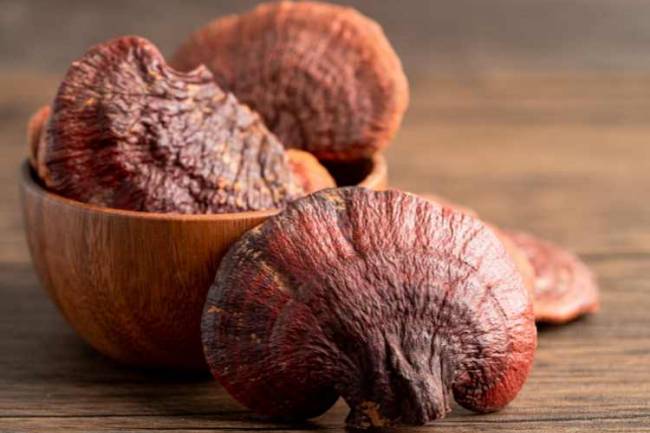12 Foods to Increase Your Brain Power

Nutrition plays an important role in the health of our brain, regardless of age.A poor diet can cause us to feel tired and unfocused, and can make recalling information a real struggle.
Plus, as we age, brain cells die so it's important to eat the right foods to help brain cells regenerate and create new connections. When it comes to boosting alertness, concentration and performance, certain foods have the edge.
Feed your mind with these brain-boosting foods and drinks to keep you sharp and fuelled for the day.
Oatmeal
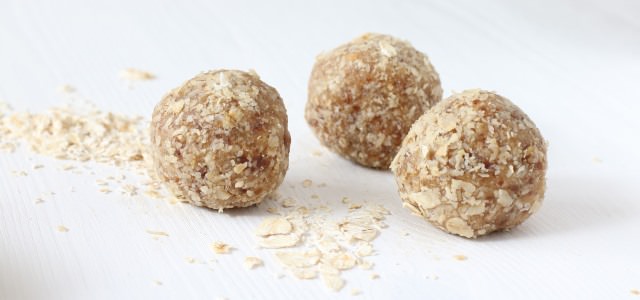
Start your day with healthy slow-burning carbohydrates. Oats contain sugars that are released slowly into the bloodstream for sustained energy release and, as a result, are one of the best sources of long lasting energy.
In contrast, sugary cereals cause sudden spikes in energy, followed by a crash in blood sugar levels. Oats fuel the brain and satisfy hunger, reducing the chance of a mid-day crash.
Oats also contain choline, which is needed for the body to produce an important neurotransmitter for memory called acetylcholine. There is a huge variety of oatmeal products available, which vary widely in quality.
Opt for steel cut oatmeal, as this is far less processed than other oats, and top with other brain-boosting foods such as blueberries to further enhance mental function.
Oily Fish

The brain is 60% fat and is highly concentrated in an omega 3 fatty acid called DHA, which helps to protect brain cells by fighting inflammation and preventing the build-up of harmful plaques.
Studies have found that higher levels of omega 3 fats preserve the brain as you age - those who eat oily fish three times per week have significantly higher DHA levels in their blood and a 39% reduced risk of Alzheimer's.
Omega 3 supplements have also been shown to boost memory and recall by 15%. Omega 3 fats are particularly vulnerable to oxidative damage from free radical particles so need to be replenished daily. As they cannot be made by the body, they need to be consumed through the diet to maintain youthful brain function.
The best source is oily fish such as salmon, mackerel and sardines.
Walnuts
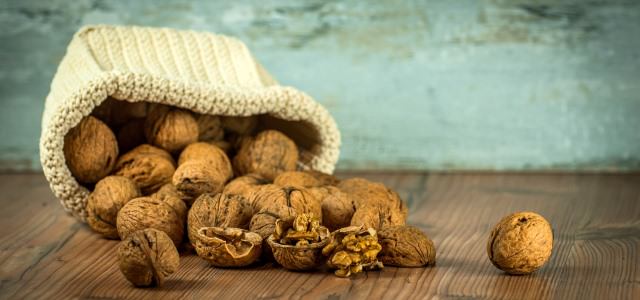
Just a small handful of nuts each day can offer a whole host of benefits for heart function and inflammation, and may even improve your memory.
While all nuts are beneficial, walnuts are particularly beneficial for the brain and nervous system thanks to their rich fat and protein content. In fact, each walnut is made up or around 65% fat (particularly the good omega 3 fat alpha linolenic acid) and 20% protein.
Walnuts are also rich in the antioxidant vitamin E, which helps to fight against free radical damage in the brain, and may reduce the risk of neurodegenerative diseases such as Alzheimer's. They also contain vitamin B6 to promote healthy serotonin levels in the brain.
To make them even more nutritious, soak walnuts for about eight hours before eating them (overnight) to make them easier for the body to absorb.
Beans and Legumes
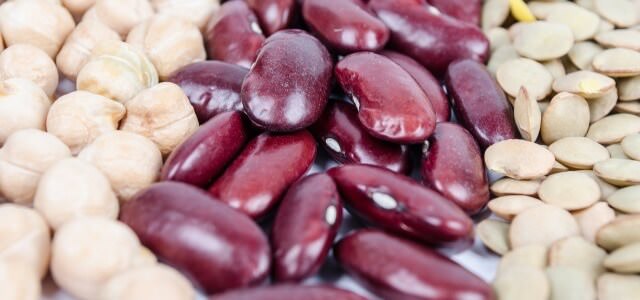
Beans are packed with complex carbohydrates, fibre, vitamins, minerals and protein. The brain consumes around 250 to 300 calories each day from carbohydrates, which is approximately 20% of a person's base energy expenditure, and there is a school of thought that low carbohydrate diets adversely affect cognitive ability; impairing reaction time and reducing visuospatial memory.
The combination of complex carbs and fibre provides a slow and steady release of energy throughout the day. Beans are also iron rich, low levels of which can result in low mood, irritability, confusion, and other cognitive issues.
They are an excellent source of folate (the natural form of folic acid), which is known to maintain normal blood homocysteine levels. High homocysteine levels have been closely linked to increased risk of dementia and cognitive decline.
When combined with B6 and B12, folic acid has been shown to help to reduce brain shrinkage.
Berries
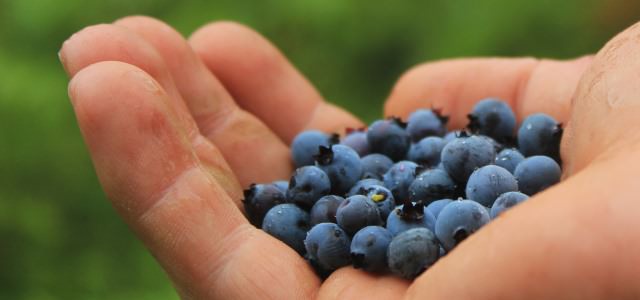
Berries contain powerful polyphenol antioxidants that stimulate blood flow and oxygen delivery to the brain, protect against damage and inflammation, and improve the communication between neurons.
There is emerging evidence that the antioxidants support short-term memory and coordination, and may offer some protection against the onset of Alzheimer's and dementia, although this is in its early stages.
Blueberries in particular, have one of the highest antioxidant values of all foods, and are also very low in fructose (sugars) compared to other fruits. These delicious berries are perfect blended into smoothies or sprinkled on top of your morning porridge.
Tomatoes

Tomatoes contain a different type of antioxidant called lycopene. This is a carotenoid that helps to protect fats, proteins, and DNA cells from the damage caused by free radicals. Left unchecked, free radical damage increases the risk of premature ageing, heart disease, and cognitive decline.
Observational studies suggest a correlation between people diagnosed with mild cognitive impairment and low blood levels of carotenoids. Lycopene is also believed to regulate genes that influence inflammation in the brain.
Choose cooked or processed tomatoes instead of raw as the lycopene content is more bioavailable. The cooking process helps to break down cell membranes that trap lycopene, and as a result, more lycopene is available for the body to absorb.
However, watch out for added sugars in processed products such as pasta sauces and ketchup.
Broccoli
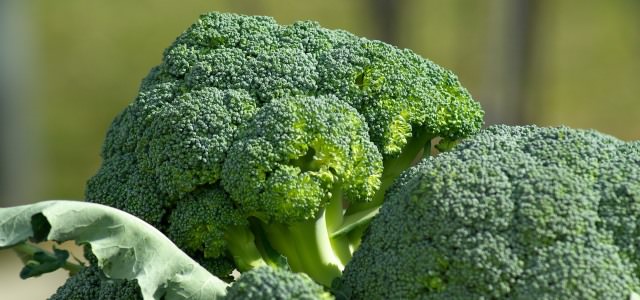
Broccoli contains sulforaphane, which helps to fortify and repair the blood-brain barrier following damage. It achieves this by releasing cytoprotective proteins that help to repair damage. This barrier protects the brain from potentially harmful chemicals and toxins in the blood.
Broccoli is also packed with antioxidants such as vitamin C to protect against free radical damage, and vitamin B and K to enhance brain function. Studies have shown that women who eat more broccoli reduce their brain age by 1 to 2 years.
One B vitamin in particular, called choline, is closely associated with healthy brain development and maintenance.
Beetroot
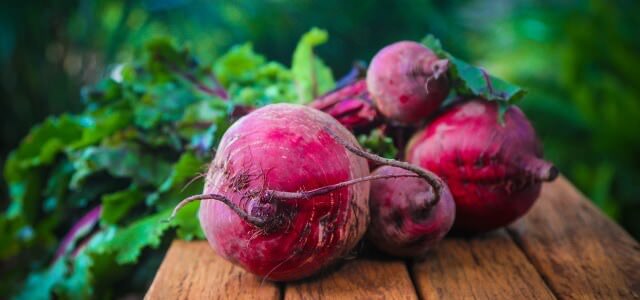
Beetroot contains high concentrations of nitrates that help to dilate blood vessels and boost circulation. And improved blood flow means improved brain function. In fact, nitrates have been shown to enhance circulation to the brain's frontal lobe, an area related to executive functioning and commonly associated with dementia and cognitive decline.
Nitrates can also be found in other root vegetables such as carrots, radishes and cabbage.
Water

The brain needs water to function. Three-quarters of the brain is water, so dehydration can seriously affect cognitive functions such as memory, reasoning, attention span, concentration, and decision-making.
When the brain is dehydrated, you're also more likely to feel tired and experience headaches. And this is backed by science - when properly hydrated, people scored significantly better on tests compared to those who were slightly dehydrated.
So it's important to keep your brain hydrated to work at an optimum level by drinking six to eight glasses of water each day.
Caffeine

This well-known stimulant is great for brain function, attention span, and reaction times. Caffeine regulates circulation to the brain and helps to strengthen the synapses (connections) between neurons, improving memory formation and recall.
The trick is to consume caffeine in moderation as too much is dangerous for health.
Try to limit your caffeine intake to 300mg per day from coffee, tea and dark chocolate. One medium cup of coffee contains around 100mg of caffeine.
Green Tea

Tea leaves are abundant in a family of antioxidants called catechins.
One in particular, EGCG, is thought to be more potent that vitamin C and E combined. As a result, green tea, and to a lesser extent black tea, prevents the breakdown of acetylcholine in the brain, a chemical which is often lacking in Alzheimer's patients. Green tea also contains some caffeine to enhance concentration and alertness.
Be sure to brew green tea leaves for at least 5 minutes to receive all their healthful benefits.
Sage

The soft savoury flavour of sage has traditionally been used as a memory enhancer. The leaves contain volatile oils, flavonoids, and phenolic acids that help to sharpen the mind and improve memory and recall.
Some people also find that it helps to clear and calm the mind, making focusing easier, and study findings suggest that the beneficial effect can last for up to six hours after consuming. So add a few sage leaves to your favourite soups and stews.
Foods That Zap Brain Power
Certain foods can have a negative effect on brain functioning and so should be consumed moderately or avoided completely.
- Sugar: High levels of sugar interfere with your ability to learn. However, for many of us, it simply isn't practical to avoid sugar altogether. Instead, try to limit your consumption by cooking meals from scratch using fresh whole foods.
- Alcohol: There is evidence to show that small amounts of alcohol (particularly red wine) may be helpful in protecting against heart disease and cognitive decline. However, you should avoid excessive consumption, which clouds the mind and impairs your ability to think clearly. Limit your alcohol intake to one to two drinks per week.
- Processed Foods: Junk food negatively affects your central nervous system, changes chemical structures in the brain, and increases the risk of depression and anxiety. It has been shown to affect the production of dopamine, a neurotransmitter vital for happiness, alertness, motivation and memory. Replace some of the processed fats in junk food with good polyunsaturated fats found in fish and avocados.
- Salt: While we need a certain amount of salt to function properly, many of us consume too much. High levels of salt raise blood pressure and affect our ability to think, so aim to consume no more than 6 grams of salt per day – approx. 1 teaspoon.
- Trans Fats: These are synthetic fats that are used to prolong the life of certain foods, and are often found in prepacked baked goods, snack food, and some margarines. Over time, trans fat damage the arteries and cause brain shrinkage. They should be avoided completely.
- Additives: Additives are added to food to enhance the flavour, appearance, and shelf life. However, these neurotoxins can impair brain function and general health. Try to minimise your exposure to common additives such as aspartame, sucralose, and diacetyl.
A Complete Brain Boosting Diet
While no single food can be effective alone, a healthy and balanced diet packed with a range of brain boosting foods can help to improve your brain power. Be sure to follow these simple rules:
- Eat at least five portions of fruits and vegetables each day
- Reduce intake of saturated fat and cholesterol
- Swap white bread, cakes and cereals for wholemeal alternatives
- Eat protein with each meal
- Eat oily fish at least two times per week
- Keep lunches light
- Eat regularly throughout the day
- Avoid eating late in the evening
- Keep alcohol intake within the recommended limits
Clear up the brain fog with these simple diet tips and make smart lifestyle choices to boost brain power.

 Nicole
Nicole 
